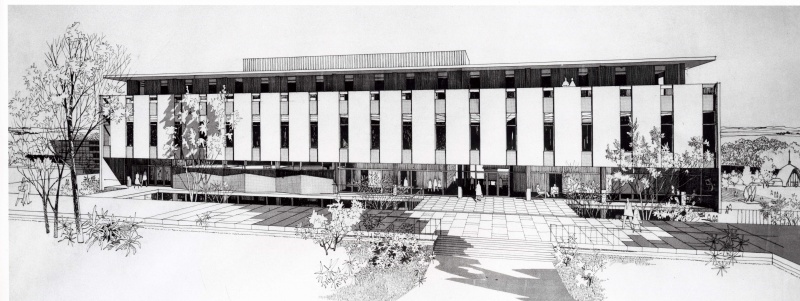PDF
The Rhetoric of Dominion Income Taxation and the Modern Political Imaginary in Canada, 1910-1945 Item Info
- Title:
- The Rhetoric of Dominion Income Taxation and the Modern Political Imaginary in Canada, 1910-1945
- Creator:
- Tough, David G.
- Date Created:
- 2014
- Degree Awarded:
- Doctor of Philosophy
- Subjects:
- Canada - History Finance Rhetoric
- Geographical Focus:
- Canada
- Supporting Materials:
- n/a
- Description:
- This thesis uses Quentin Skinner's study of rhetoric to interrogate the origins of the modern political imaginary in Canada between 1910 and 1945. The Dominion taxing power was the object of a sustained rhetorical critique in the early 20th century, in which the Liberal and Conservative party identities, built around the protective tariff in the post-Confederation era, were slowly weakened and supplemented with a new representation of difference: the left-right spectrum. Beginning in 1910 with the Grain Growers' Guide, the nationalist resonances of the Dominion tariff were cast as duplicitous distractions from exploitation and fiscal inefficiency. During the First World War, this characterization of the tariff and the political differences it produced became tied to demands for ‘conscription of wealth,' as the basis of a fairer and more democratic political culture. A species of what Ian McKay calls a people's enlightenment, this critique resulted in the first Dominion income tax, the Income War Tax of 1917. A Dominion income tax introduced the new possibility of transferring income that had been taxed progressively from one region to another. The catastrophic economic depression of the 1930s exposed the weakness of the tariff as a fiscal instrument; a more powerful Dominion income tax was cast as the necessary solution to the crisis, and was duly introduced in 1941 and 1942. With these changes, income taxation became a universal burden and the possible basis for large-scale Dominion social programs like the Family Allowances – a combination that Shirley Tillotson calls the citizenship of contribution. In recognition of this new possibility, party programs for the redistribution of income were aligned on a left-right spectrum. The displacement of the old party system and the establishment of the new spectrum were both examples of what is here termed political modernism, creating a new and modern political imaginary for a democratic politics of redistribution.
Source
- Preferred Citation:
- Tough, David G.. The Rhetoric of Dominion Income Taxation and the Modern Political Imaginary in Canada, 1910-1945. 2014. Carleton University, Doctor of Philosophy.
- Reference Link:
- https://cuhistory.github.io/grads/items/hist_66.html
Rights
- Rights:
- Copyright the author, all rights reserved, unless otherwise indicated.

